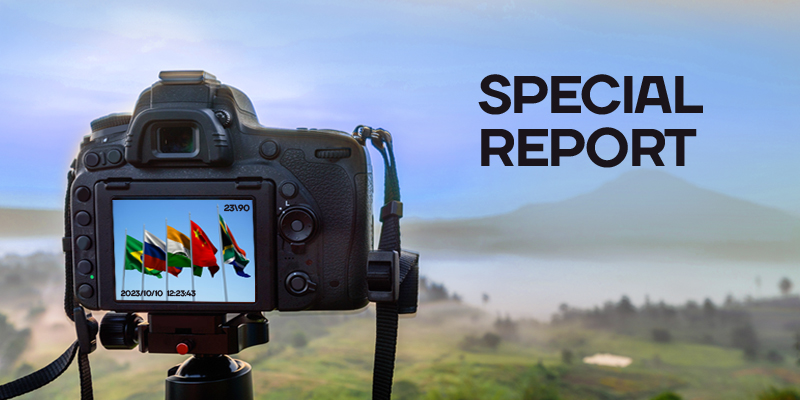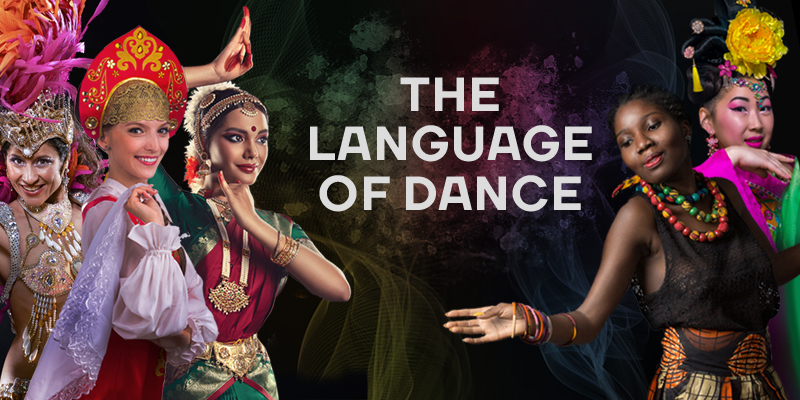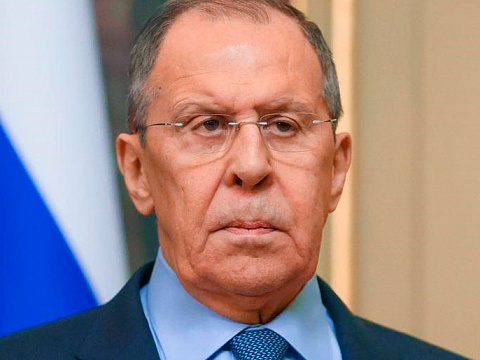Easter traditions in the BRICS countries
The basic common idea of Easter, shared by Orthodox, Catholics and Protestants, is belief in the resurrection of Jesus Christ. But there are many differences between the celebration of this Christian holiday in the BRICS countries.
It is important to consider whether the church is Catholic or Orthodox. The fact is that each church has its own calendar. In 2023, for example, the Catholic Easter falls on 9 April, while the Orthodox Easter is celebrated later, on 16 April.
Brazil
The holiday is celebrated in Brazil this year on 9 April and the opening hours of shopping centres, banks and services are changed to coincide with Easter. The so-called Good Friday, which in 2023 falls on 7 April, is dedicated to the Passion of Christ and ends on Sunday with a feast according to the Christian religious calendar.

This celebration commemorates the crucifixion and resurrection of the so-called Messiah, predicted in the Hebrew Bible. A large part of Brazil's population are Catholics, for whom Easter is the biggest and most revered religious holiday.
Centuries ago, German immigrants brought Easter traditions with them to Brazil: O Coelhinho da Páscoa, the Easter Bunny, and os ovos coloridos, colourful, painted eggs. On Easter Day, traditional festive services are held in churches. In Brazil, at Easter they give chocolate eggs wrapped in shiny festive packaging with a toy inside. They appear on the wide market immediately after the start of Lent.

Traditionally, the festive table is decorated with a sweet loaf filled with small pieces of fruit, which is shaped like a cross. One of the most popular ways of celebrating Easter is the so-called Amigo Invisible de Chocolate, where people describe a person and others have to guess who it is.
Domingo de páscoa (Good Friday) is the most important day of Holy Week. Many Brazilians go to Mass to give thanks to God, but it is also a day when they give each other Brazilian Easter eggs. The children like this tradition the best. They dress up as an Easter bunny, take pictures in costume and give chocolates to their classmates.

"In Brazil, they are very fond of holidays. Especially Catholic ones, because it's an occasion to get the whole family together. The atmosphere of warmth and love is something Brazilians love very much. Holy Week ends with an Easter service in Catholic churches. Many Brazilians are quite religious, so going to a service is a big deal. Also, many people go out of town with their families during this period," said Polina Minaeva, international project manager at TV BRICS.
In Brazil, Easter is treated with trepidation, and celebrated on a grand scale. The tradition of the Catholic Church came here with the German settlers. Most of the symbols and rituals have therefore been preserved in their original form, but there are local, rather interesting rituals. The grand celebrations begin with Holy Week.
On Easter Day, there is a procession of members of the Nazarenos, a Catholic fraternity, through the streets. The event is accompanied by a drumbeat. Fires are lit across the country to commemorate the miraculous Resurrection. And in Catholic churches there are solemn Easter services.
Russia
Easter is really the main Christian holiday in Russia. On this day, or more precisely during the evening procession and liturgy, many people visit Orthodox churches.

On this day, home-made egg-breaking "duels" are staged - the winner is the one whose egg survives. There are also competitions for the best decorated eggs, which are also handed out (the Emperor Nicholas II handed out the famous Fabergé eggs at Easter).
After seven weeks of Lent, the Easter table is undoubtedly characterised by a great variety of meat dishes, although there is no special recipe for this feast. Eggs and kulich, a traditional Easter dish, are very popular in Russia during Easter.

A unique Russian tradition is the preparation of a special Easter sweet with curds, sultanas and spices, which is presented in the form of a pyramid and is a symbol of the Holy Sepulchre. A tradition inherited from Soviet times is to visit the cemetery on Easter Sunday, remembering relatives at the graves.
India
Orthodox Indians as well as other Orthodox Christians greet each other on Easter days with the words "Christ is risen!" In Hindi it sounds like this: Massih jee uthhā hai!
In India, flowers are an essential attribute of Easter celebrations. For Indians, the flowering of plants is a symbol of the victory of life over death, and thus a symbol of Christ's resurrection from the dead. On Easter days, Orthodox people in India decorate their homes with lush floral garlands. One of the favourite Easter gifts in India is the holy cross. Since many Indians are not wealthy, they try to make gifts with their own hands, such as carving a cross out of wood themselves.

It is possible to receive a cake as a gift for Easter in India as well. It's also a local tradition - cakes or lush buns dipped in frosting decorate Easter tables. Dyed eggs are not as popular in India as they are in Russia. On Indian soil, one of the main Easter symbols is given a different "incarnation". The painted eggs here are culinary items, painted marzipan cupcakes in an oval shape with a toy inside. Children are very fond of such sweet eggs-cakes.
China
Easter is not officially celebrated in China. Therefore, in cities where a significant number of foreigners live, there is what might be called a "commercial Easter".
Restaurants are aware of this Christian calendar and always take the opportunity to promote dinners, festive or themed dinners, something that draws the public to these celebrations.
South Africa
In South Africa, the holiday lasts four days (Friday to Monday), with families usually heading to the coast to enjoy the last month before winter sets in.
For South Africans, Easter is one of the most eagerly awaited holidays, given the long weekend it brings.
In South Africa, a Christian country, Easter church services are held on Sunday. People visit them as part of the tradition of celebrating Easter. Although there are various services throughout the day, special services on Easter Sunday usually take place between 3pm and 6pm. South Africans usually dress in white when attending Mass on this day.

What is interesting about Easter celebrations in this country is that after Mass, many people participate in the preparation of an Easter feast that is shared by all, regardless of religion. This is one of the practices that have made the celebration of Easter in this country unique. It is also considered by many people to be the ideal day for baptism. Given the reason for celebrating Easter Sunday (to commemorate the resurrection of Christ), this day is perceived as a day of new life and a new beginning. This is why many people baptise their children on this day, to wash away their sins.
As in other BRICS countries, in South Africa chocolate eggs, Easter bunnies and Easter eggs are also commonly recognised symbols of the Easter season. Some localities even organise Easter parades, complete with dancing and live music. Today's festive Sunday has become a family day for many South Africans.
Hot cross buns are a small, sweet, slightly spicy and very tasty traditional treat. The fillings vary, but the classic is sultanas. They all have a cross on top made of icing sugar or cream, symbolising the crucifixion. The name has the word 'hot' in it because in the olden days they were sold hot, but not any more.
Superstition says that if you share a hot cross bun with a friend on Good Friday, the friendship will last forever.

Canned fish dishes, on the other hand, have also become renowned for their unique flavour and the fact that they can be stored for several days. Canned fish dishes are particularly common at Easter among South Africans living in the western part of the country, especially in the Cape Town area.
Easter is one of the most important feasts in Christianity because it celebrates the resurrection of Christ, which is a symbol of Christian faith.
Photo: istockphoto.com
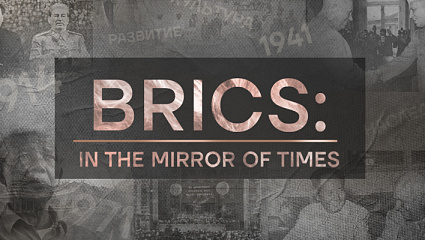
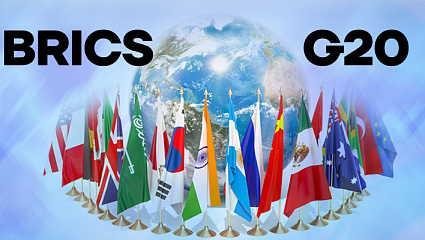
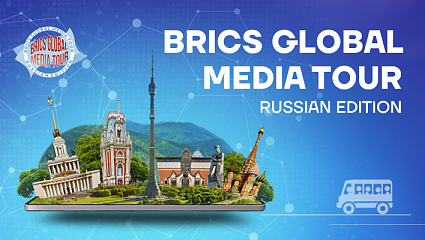
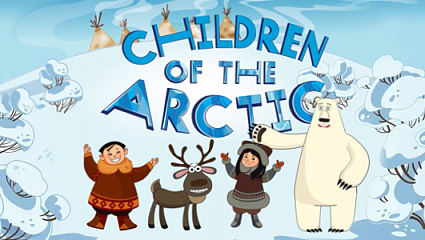
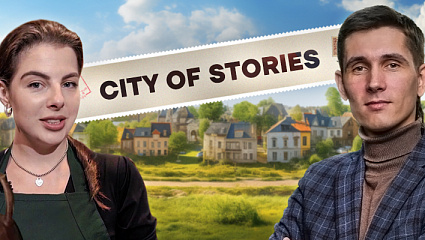


 DIGITAL WORLD
DIGITAL WORLD









